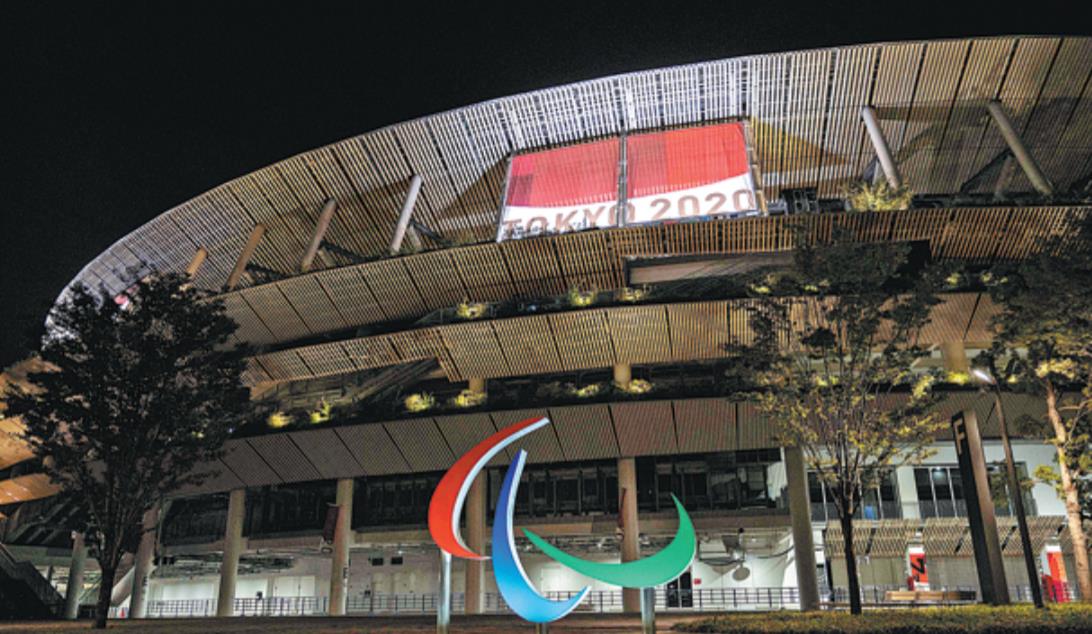Back on the medal trail: All you need to know about Paralympics


Gold standard
Tokyo, which is the first city to host the Paralympics twice, will welcome 4,400 athletes from around 160 countries and territories.
Just a week before the Games, Afghanistan's team-made up of two athletes-announced they would not be able to take part because of the turmoil in the country.
The Games will feature a refugee team composed of six athletes, including Alia Issa, the first woman refugee Para athlete.
China has dominated the gold-medal table since Athens 2004, with Britain often in second place and the United States and Ukraine battling it out for third.
Helping hand
Assistants are used by some Paralympians with vision impairments.
For example, "guide runners "can be attached to an athlete by a strap on their arms or hands, but the athlete must finish ahead of the guide.
Some visually impaired cyclists also pair up with a guide who rides in front in a tandem and is known as a pilot.
And for visually impaired swimmers there are "tappers"-assistants who tap the athlete's head or body as they approach turns or the finish to keep them safe.
In some sports, like Para athletics track, there are multiple sport classes for athletes with different types of impairment competing in a single event.
For example, the Rio Games featured 16 men's and 14 women's 100 meter gold medals across a range of classes.
4,400 Paralympians
Around 4,400 competitors from nearly 160 countries and territories will be in Japan for the Paralympics, with 12,000 staff, officials and journalists also taking part in the 13-day event. Like their Olympic counterparts, Paralympians will be tested daily for COVID-19 and are barred from venturing beyond their accommodation or Games venues. Tokyo is the only city ever to host the Paralympic Games twice. At the 1964 Tokyo Paralympics, 378 athletes competed in nine sports at six venues.
22 sports
From archery to wheelchair tennis, medals are up for grabs in 22 sports, with two new this year-taekwondo and badminton. For each of the 539 events, a complex classification system groups Paralympians depending on how their disability impacts their performance. While most of the sports have an Olympic equivalent, two do not: goalball, a team sport for athletes with visual impairments, and boccia, which is similar to boules.























